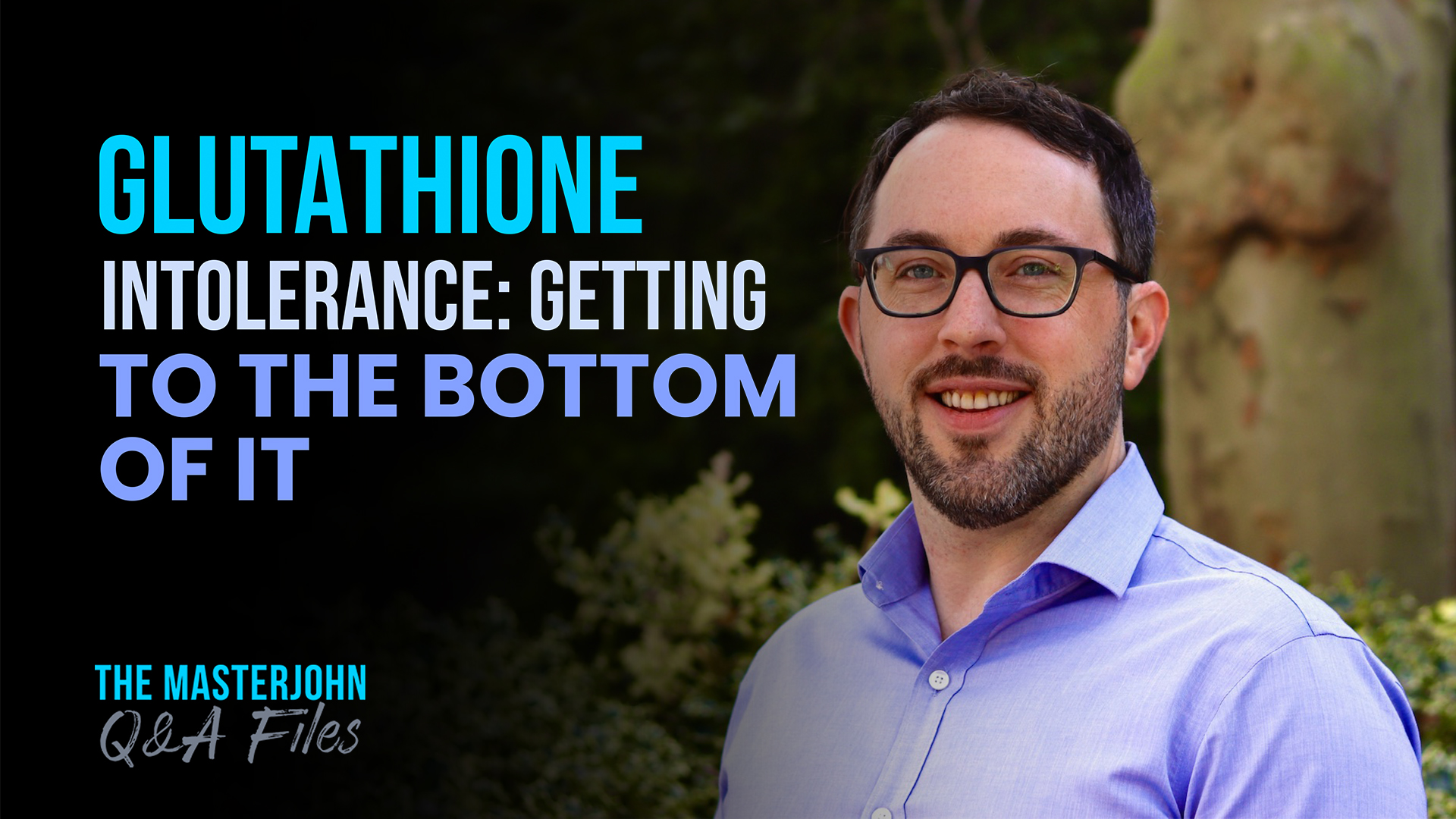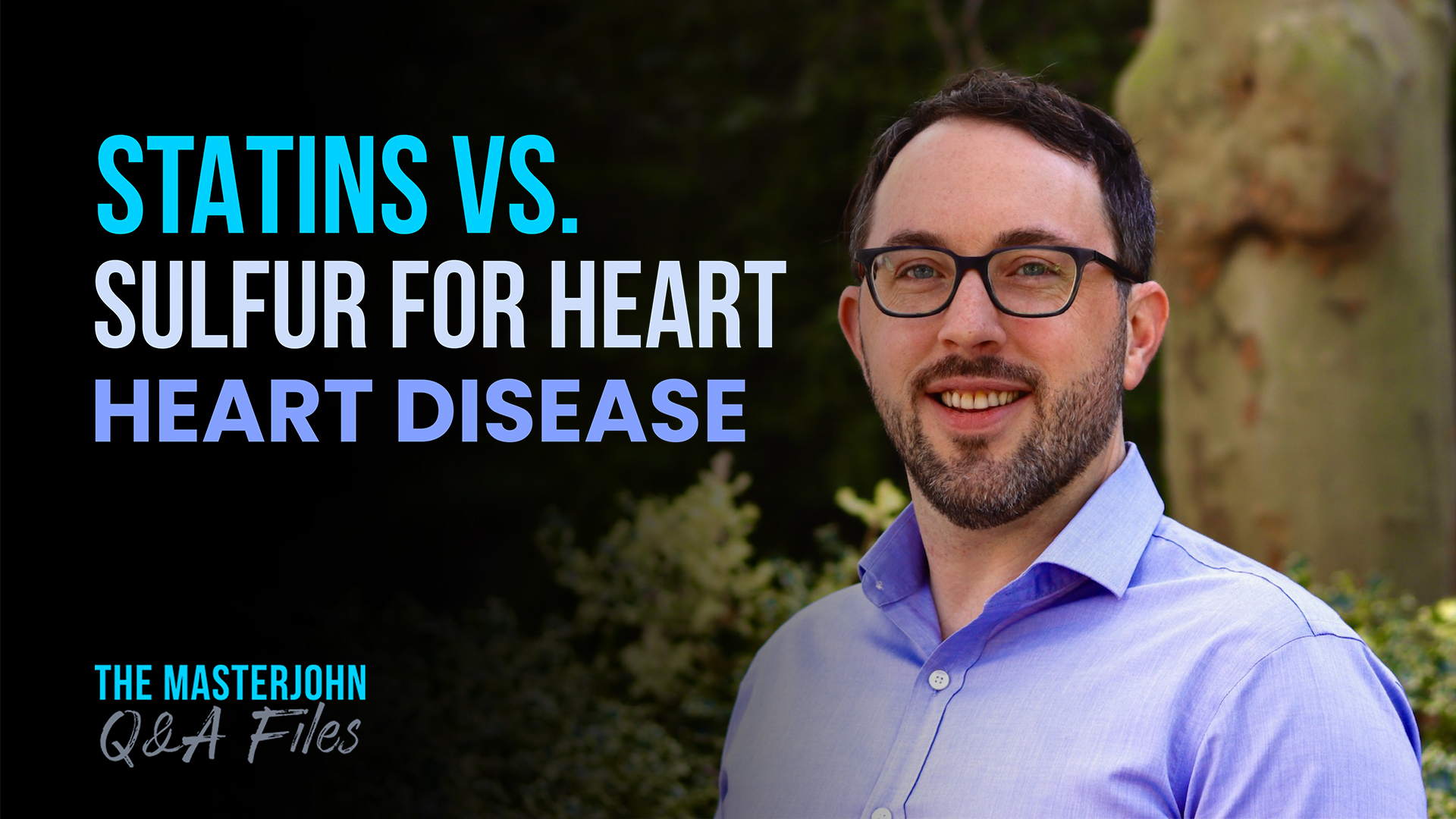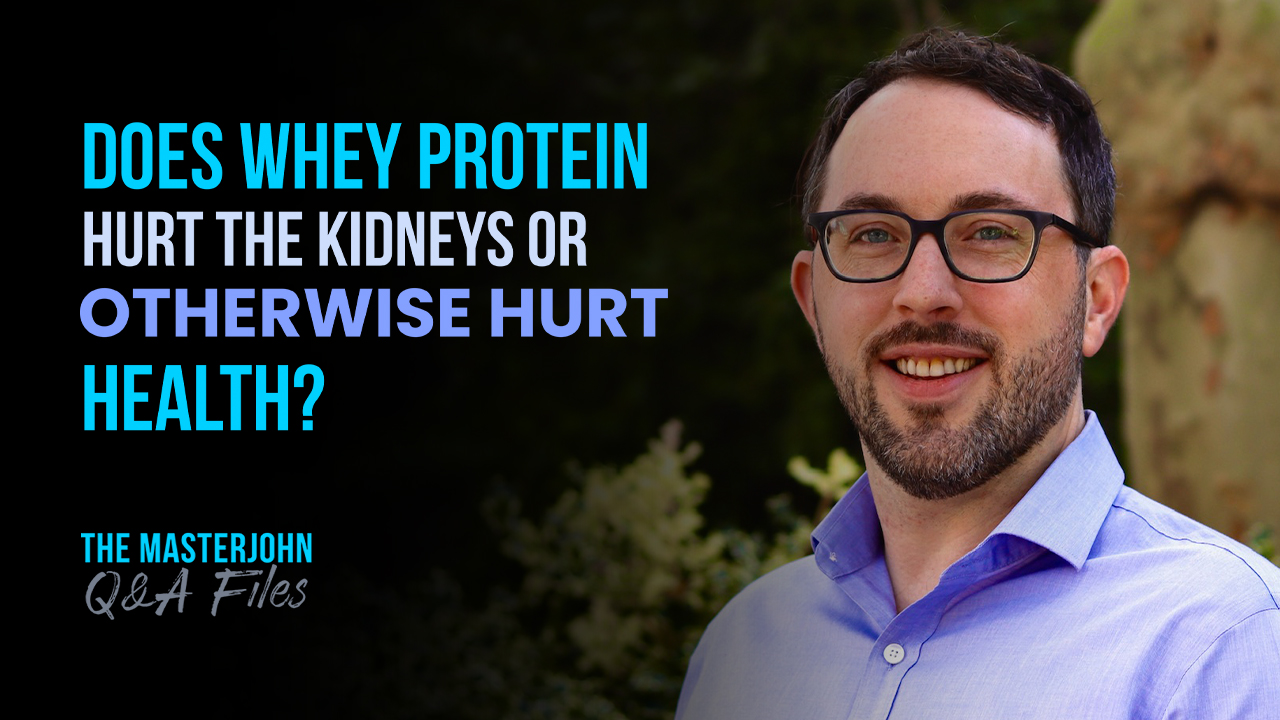Question: Why would vitamin D, vitamin K2, and calcium give me brain fog? Short Answer: Most likely by decreasing serum phosphorus. The solution is to balance these nutrients with vitamin A and phosphorus. This episode was cut from the original Q&A session that you can find here. DISCLAIMER: I have a PhD in Nutritional Sciences and my expertise …










